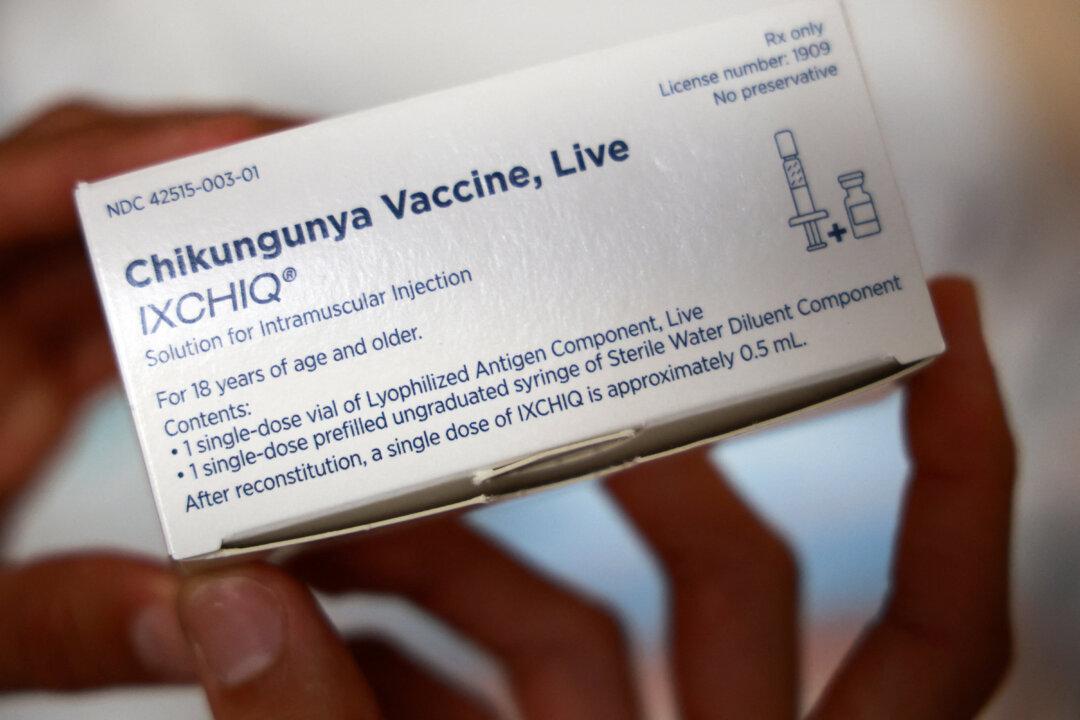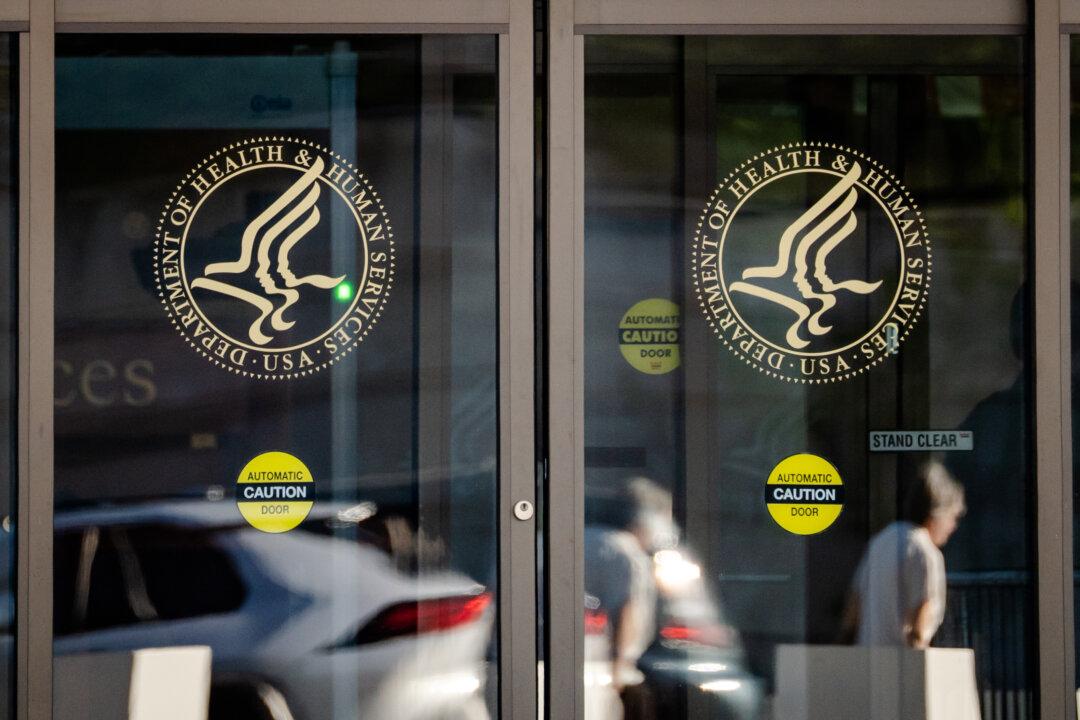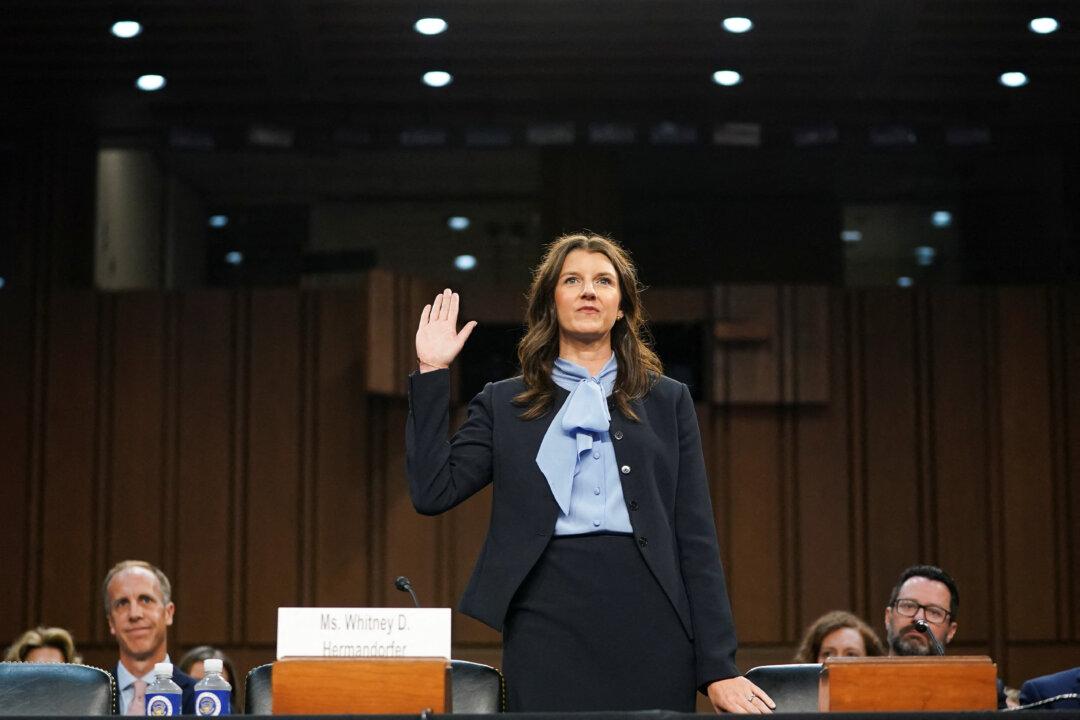The Food and Drug Administration (FDA) on May 22 advised manufacturers to update formulations for their COVID-19 vaccines.
LP.8.1 caused about 70 percent of COVID-19 cases in the United States in recent weeks, according to Centers for Disease Control and Prevention estimates, though other subvariants have been on the rise.
The Moderna and Pfizer vaccines currently contain formulations for the KP.2 strain, a JN.1 subvariant, while Novavax’s vaccine targets the JN.1 variant itself. Those versions of the vaccines have been available since 2024, when they were cleared without trial data.
The directive came hours after the FDA’s vaccine advisers, the Vaccines and Related Biological Products Advisory Committee, unanimously voted to recommend that the regulator tell manufacturers to produce “a monovalent JN.1-lineage vaccine composition.”
Moderna, Pfizer, and Novavax representatives told panel members before the vote that COVID-19 is still a problem and that immunological testing in humans has shown their vaccines can provide protection to recipients, including against LP.8.1, a JN.1 subvariant.
Animal testing found slightly better immune responses with LP.8.1 formulations.
The FDA convened the meeting because of “the continuing antigenic drift” of COVID-19, officials said in a presentation.
“We are asking for guidance to help the FDA decide what strain to select for COVID-19 vaccines going forward,” Dr. Vinay Prasad, head of the FDA’s Center for Biologics Evaluation and Research, said at the start of the meeting.
Prasad said Thursday that FDA officials want “to give people a little more time to digest the policy” and are interested in feedback.
The Pfizer and Moderna vaccines are available to people aged six months and older, without restrictions.
The World Health Organization has said that the currently available vaccines remain appropriate because “there isn’t a significant reduction in cross-reactivity to LP.8.1,” Kanta Subbarao, an organization official, told the FDA advisory panel. The organization also says that vaccines targeting LP.8.1 are a “suitable alternative.”
Some members of the committee said on Thursday they favored updating the vaccines to target LP.8.1 because it is dominant at this time.
“We’re trying to pick an antigen for the future, not an antigen for now,” Dr. Eric Rubin, a member and the editor-in-chief of the New England Journal of Medicine, said after the vote.
“This may not be the variant that we end up with in the fall, but this is the closest to it that we can probably get,” added Dr. Archana Chatterjee, the dean of the Chicago Medical School and another member.
A few members expressed support for directing vaccine makers to keep targeting the strains they already target.
“Based on the totality of the evidence and other considerations, I’m more in favor of staying with current JN.1 or KP.2 for this season,” Dr. Sarah Meyer, a CDC officer and a member, said.
When several panelists voiced concern that recommending updates to the formulation could lead to fewer populations being able to receive a vaccine, given the FDA announcement this week, an FDA official declined to say whether that was an option.





